Several factors can cause oversleeping, or sleeping for more than nine hours in a night. If you overslept, it may be because you were battling an illness, or you needed to catch up on sleep. Nonetheless, consistently sleeping too much may be a symptom of a sleep disorder, mental health disorder, or other health issue. Our discussion of oversleeping covers how it is defined and what causes it. We also cover what to do if you tend to sleep too much.
What is oversleeping?
The term oversleeping, or long sleeping, refers to sleeping more than nine hours in a 24 hour period. You experience both oversleeping and excessive sleepiness during the daytime when you suffer from hypersomnia. Sleep disorders like narcolepsy and sleep paralysis cause the condition.
An excessive amount of sleep (EQS) can also be described as consistent oversleeping that interferes with your daily activities. If you cannot determine what is causing your sleepiness, the condition is called idiopathic hypersomnia.
Oversleeping occurs when you sleep for more than nine hours in 24 hours.
Most adults need to sleep 7 to 9 hours each night. Sleep is important for physical and mental health. You may feel tired and unable to focus without enough sleep. Oversleeping can also negatively impact your health.
Your sleep pattern and habits during the day, as well as your health, can influence the amount of sleep you need each night. The number of hours of sleep that older adults require may be the same as what athletes require, but some people may need a second hour.
When you have been active a lot or traveled a lot, you may need more sleep than usual. The amount of sleep you need depends on whether another hour of shuteye helps you feel your best. You may be at risk of an underlying health concern if you are consistently tired or even nod off during the day despite sleeping longer.
Read: Dyssomnia
Oversleeping and depression
There is a complex relationship between sleep and depression. Depression is induced both by disrupted sleep and by sleep disturbances. Depression frequently causes sleep disturbances in most people. Depression can be exacerbated and treated with more difficulty if you have sleep problems.
Depression is not the only reason for oversleeping among young people. It is possible that insomnia is more prevalent among older adults. It is also common for older adults with depression to suffer from hypersomnia. Depression is associated with oversleeping and feeling fatigued during the day, particularly among women.
Why oversleeping is risky?
Sleeping more than nine hours a night regularly may also be detrimental, according to Makekau. Consistently getting less sleep has been linked to a number of adverse health outcomes.
The consequences of oversleeping include:
- Low energy and fatigue
- Immune system function decreases
- Stress-related changes
- Diabetes, heart disease, obesity, and other chronic diseases are more likely to occur
- Death risk increases
Oversleeping symptoms
The symptoms of oversleeping include sleeping more than nine hours a night as well as:
- Napping excessively during the day
- Sleeping excessively during the day
- Headache
What causes oversleeping?
When you try to recoup your sleep deficit, you may oversleep. For instance, you may have to stay up late every night to complete a big project, which results in sleep deprivation. It is possible to make up for the sleep deficit on the weekend by sleeping more than normal.
There are several health conditions that can cause excessive daytime sleepiness and oversleeping:
- Sleep disorders, including sleep apnea, insomnia and narcolepsy
- Depression and anxiety
- Obesity
- Cardiovascular disease
- Diabetes
- Chronic pain
- Hypothyroidism
Sleep apnea
Sleep apnea occurs when you stop breathing temporarily while sleeping. This causes you to snore, choke, and feel sleepy all day while at night. Sleeping longer at night can make up for poor sleep by napping during the day and sleeping longer during the night.
Treatment for sleep apnea can often resolve its symptoms. CPAP machines may be prescribed by your healthcare provider after a sleep study confirms sleep apnea. They help you breathe better when you sleep.
Related: Obstructive Sleep Apnea
Narcolepsy
Narcolepsy can be classified into three types, but in almost all cases, excessive daytime sleepiness and overpowering sleeping urges are present. You may sleep more than 10 hours every night if you have secondary narcolepsy, caused by hypothalamic injury. Although narcolepsy is a lifelong condition, it is manageable with medications and a change in lifestyle.
Idiopathic hypersomnia
Healthcare professionals may diagnose you with idiopathic hypersomnia if they are unable to identify an underlying cause. When you have this sleep disorder, you will have difficulty waking up, you will feel excessively sleepy, and you will not feel refreshed after sleeping at night or napping during the day. It is not uncommon for people with this disorder to sleep between 14 and 18 hours a day.
The treatment for sleep apnea often consists of medication similar to what is prescribed to treat narcolepsy. The medications may not be as effective in treating idiopathic hypersomnia as narcolepsy. Furthermore, if you have idiopathic hypersomnia, you will need to limit alcohol and avoid late-night activities.
Depression and anxiety
Anxiety and depression often lead to sleep disorders and other health issues. Depressive disorders can cause oversleeping and difficulty sleeping, and adolescents and older adults with depression are more likely than other populations to be excessively sleepy. Many studies have demonstrated that long sleepers suffer from higher levels of depression. According to studies, anxiety disorder sufferers are also more prone to sleep too long, causing discomfort.
Anxiety and depression both have numerous treatment options. You can also improve your symptoms with a number of prescription medications, in addition to cognitive-behavioral therapy. If you are unsure of what method of treatment is best for you, contact your healthcare provider.
Read: Circadian Rhythm Sleep Disorder
What is the diagnosis of oversleeping?
Consult your doctor if your symptoms of sleepiness persist for more than six weeks. In your appointment with your doctor, you will most likely be asked about your health history, sleeping habits, and lifestyle habits. Also, you may be asked to undergo a physical examination and undergo a sleep study.
If you are not experiencing any other medical conditions that could be the cause of your oversleeping, your doctor may recommend:
- Use the Epworth Sleepiness Scale to rate your sleepiness: Your doctor will rate your sleepiness to see how sleep affects your everyday life.
- You should keep a sleep diary: Your doctor can analyze your sleep patterns by looking at when you go to sleep, when you awaken, and how often you awaken. If you need to see your doctor, keep a sleep diary for a week.
- Take a polysomnogram: You will spend the night in a sleep center hooked up to a monitor that will log your brain activity, eye movements, leg movements, heart rate, and more.
- Perform multiple sleep latency tests: These tests are usually done the day following a polysomnogram. This test measures the amount of sleep you get while napping during the day.
Impacts of oversleeping
The effects of oversleeping can be detrimental to your health, just as they can be for not getting enough sleep. There is some evidence suggesting that longer sleep is harmful to health:
- Increases inflammation in the body
- Decreases immunity
- Contributes to chronic diseases
There are health concerns and chronic diseases associated with both short and long sleep durations:
- Obesity
- Frequent mental distress
- Coronary heart disease
- Diabetes
- Stroke
Read: Periodic Limb Movement Disorder
Guidelines for sleep
The following are the current recommendations from the National Sleep Foundation:
| Age | Hours of Sleep Per Day |
| Newborn baby | 14 – 17 hours (includes naps) |
| Infants | 12 – 15 hours (includes naps) |
| Toddlers | 11 – 14 hours (includes naps) |
| Preschool-age children | 10 – 13 hours |
| School-age children | 9 – 11 hours |
| Teenagers | 8 – 10 hours |
| Adults | 7 – 9 hours |
| Seniors | 7 – 8 hours |
Tips for avoiding oversleeping
Discuss your sleep habits and health habits with your doctor if you are worried you are oversleeping. Keeping a sleep diary will help you track your naps during the day as well as your nighttime sleep. These details will help your doctor diagnose the cause of your oversleeping and suggest a course of treatment.
It doesn’t matter what the cause of your oversleeping is, you can improve your sleep habits by following these tips:
- Maintain a regular sleep schedule: Always go to bed at the same time and get up at the same time. That will prevent you from losing sleep.
- Schedule your bedtime: It should be a time when you are relaxed and ready to sleep. When you are getting ready for bed, stay away from light from electronics since this can delay sleep onset.
- Check your sleep environment: Cool temperatures and no excess light or noise should characterize your bedroom.
- Keep active: Regular exercise and sunshine exposure allow you to sleep better. Make sure not to overdo it near bedtime.
- Nap early: You may have a hard time falling asleep at night after taking a nap later in the afternoon.
Read: How Pandemic COVID-19 Affects Our Dreams
Bottom line
Oversleeping may be caused by an underlying health concern that can be treated to help you sleep normally again. It is also possible to change your sleep habits to improve your sleep quality.
Your doctor may also be able to prescribe you medications that will work for you. For example, Provigil is a drug that promotes wakefulness. It has been shown that this medication helps improve driving abilities and alertness in individuals suffering from narcolepsy or idiopathic hypersomnia.
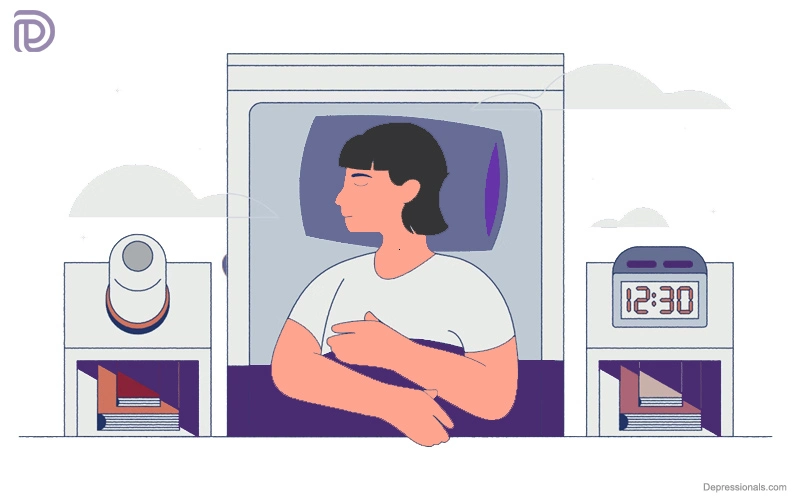
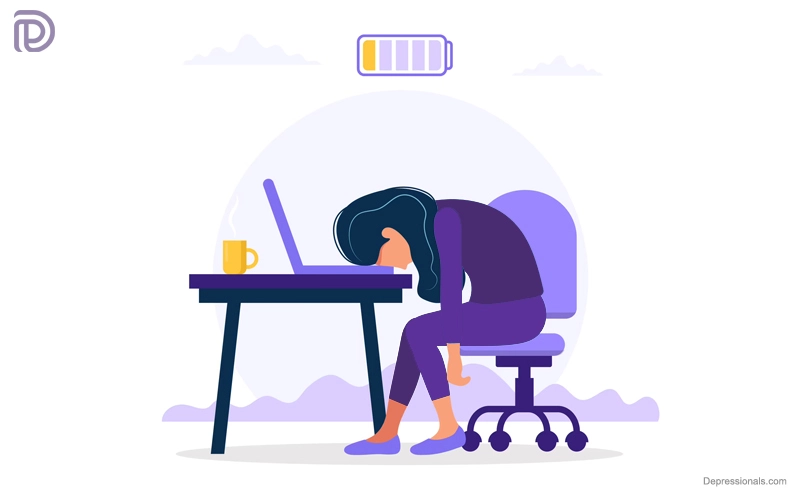
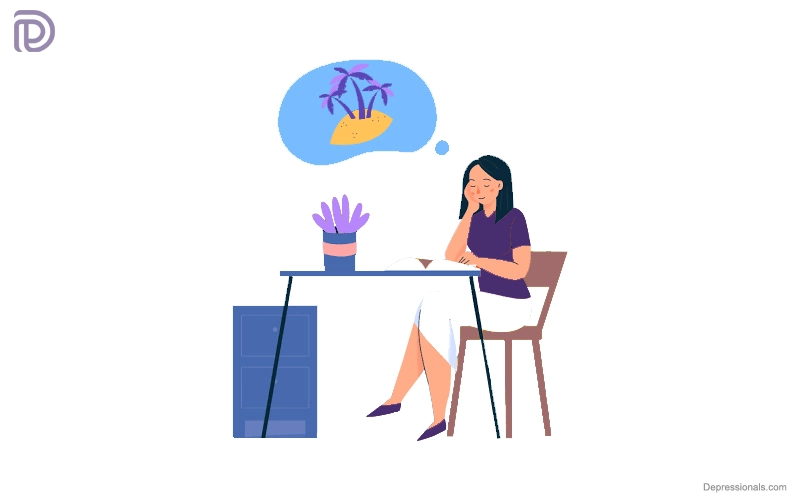
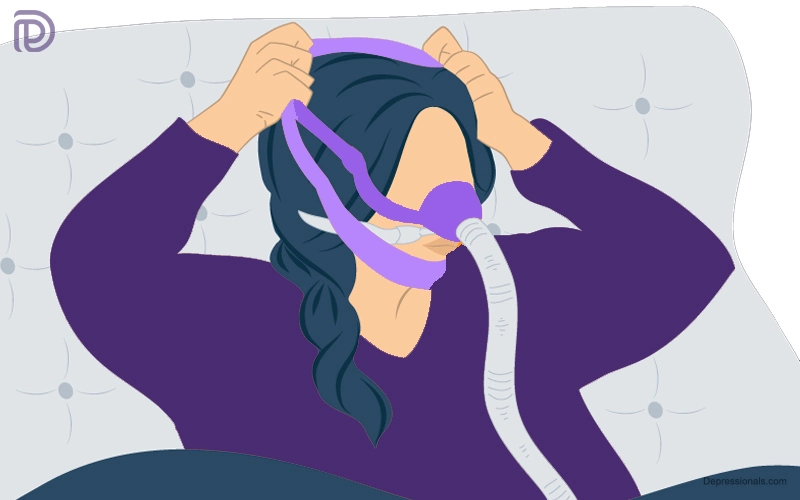
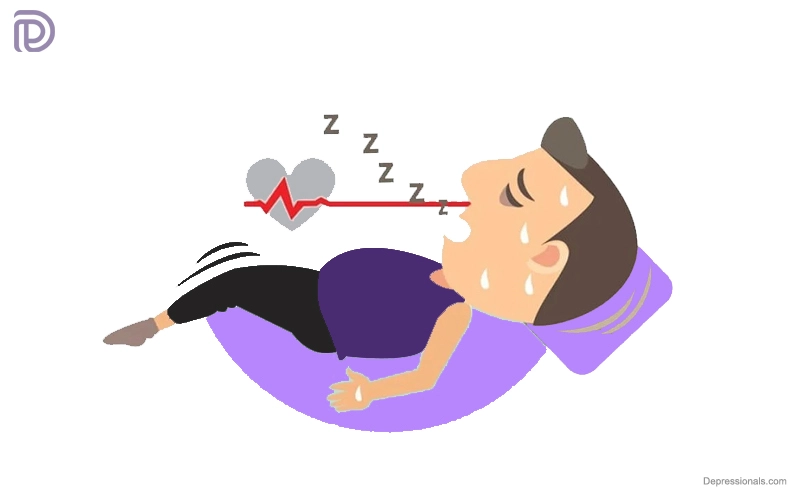

Perfectly pent subject matter, Really enjoyed studying.